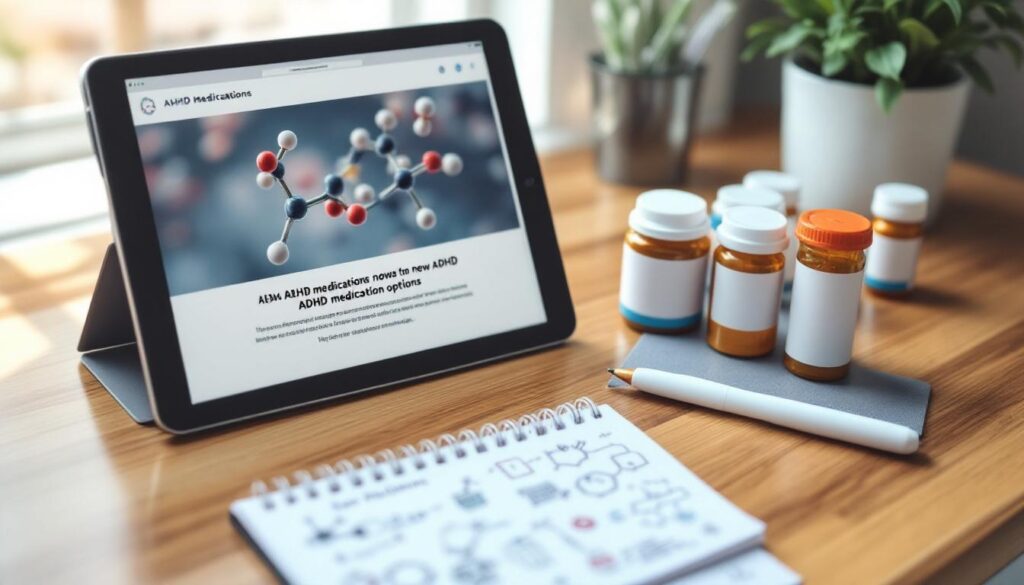At Spark Healthcare, we understand the challenges of finding effective ADHD treatments.
The landscape of ADHD medications is constantly evolving, with new options emerging to address various symptoms and patient needs.
In this post, we’ll explore how to navigate the world of new ADHD meds and find the right treatment for you or your loved one.
Common ADHD Medications: Understanding Your Options
Stimulant Medications: The First-Line Treatment
Stimulants stand as the most frequently prescribed ADHD medications. These drugs increase dopamine and norepinephrine levels in the brain, which improves focus and reduces impulsivity. The two main types of stimulants are:
- Methylphenidate-based drugs (e.g., Ritalin, Concerta)
- Amphetamine-based drugs (e.g., Adderall, Vyvanse)
Stimulants come in short-acting and long-acting formulations. Short-acting stimulants typically last 4-6 hours and may require multiple daily doses. Long-acting versions can last up to 12 hours, offering more convenience for many patients.
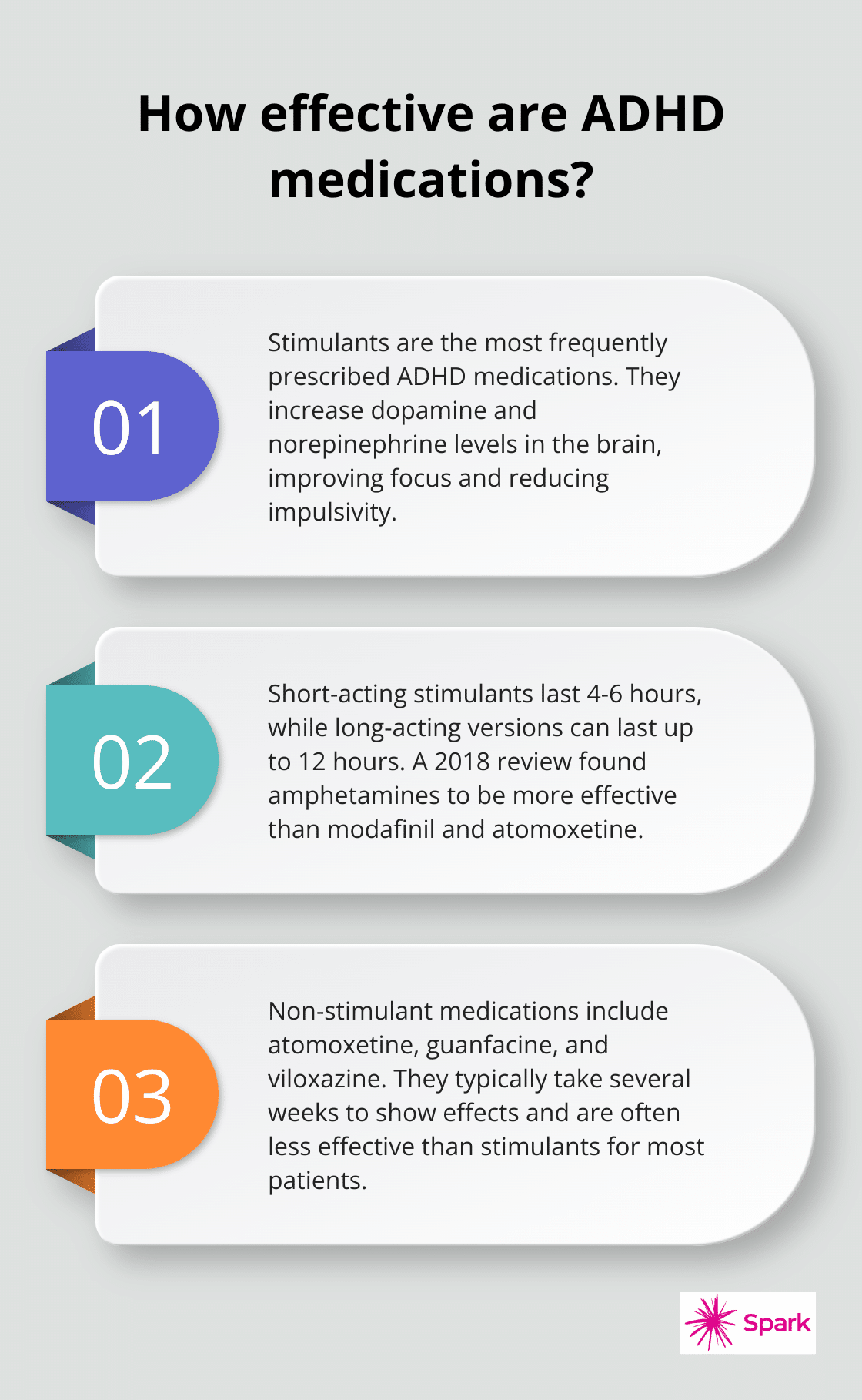
A 2018 review in The Lancet Psychiatry found that amphetamines were more effective than modafinil and atomoxetine in terms of efficacy based on clinicians’ ratings.
Non-Stimulant Medications: An Alternative Approach
Non-stimulant medications offer an alternative for those who don’t respond well to stimulants or have concerns about their side effects. These include:
- Atomoxetine (Strattera)
- Guanfacine (Intuniv)
- Viloxazine (Qelbree)
Non-stimulants typically take several weeks to show effects and are often less effective than stimulants for most patients. However, they can be a good option for those with a history of substance abuse or certain cardiovascular conditions.
Selecting the Right Medication: A Personalized Process
Choosing the most appropriate ADHD medication often involves a process of trial and error. Factors to consider include:
- Age of the patient
- Severity of symptoms
- Presence of co-existing conditions
- Potential side effects
- Duration of action needed
It’s important to work closely with a healthcare provider to find the right medication and dosage. A comprehensive evaluation and ongoing support can help patients navigate their ADHD treatment options effectively.
Medication is just one part of ADHD management. Behavioral therapy, lifestyle changes, and educational support all play important roles in a comprehensive treatment plan. As we explore new ADHD medications in the next section, keep in mind that the landscape of treatment options continues to evolve, offering hope for improved symptom management and quality of life.
New ADHD Treatments on the Horizon
Recently Approved ADHD Medications
The field of ADHD treatment continues to evolve rapidly. In 2021, the FDA approved AZSTARYS™ (serdexmethylphenidate and dexmethylphenidate capsules, for oral use, CII), a novel stimulant medication for ADHD. AZSTARYS is a new once-daily treatment option for ADHD.
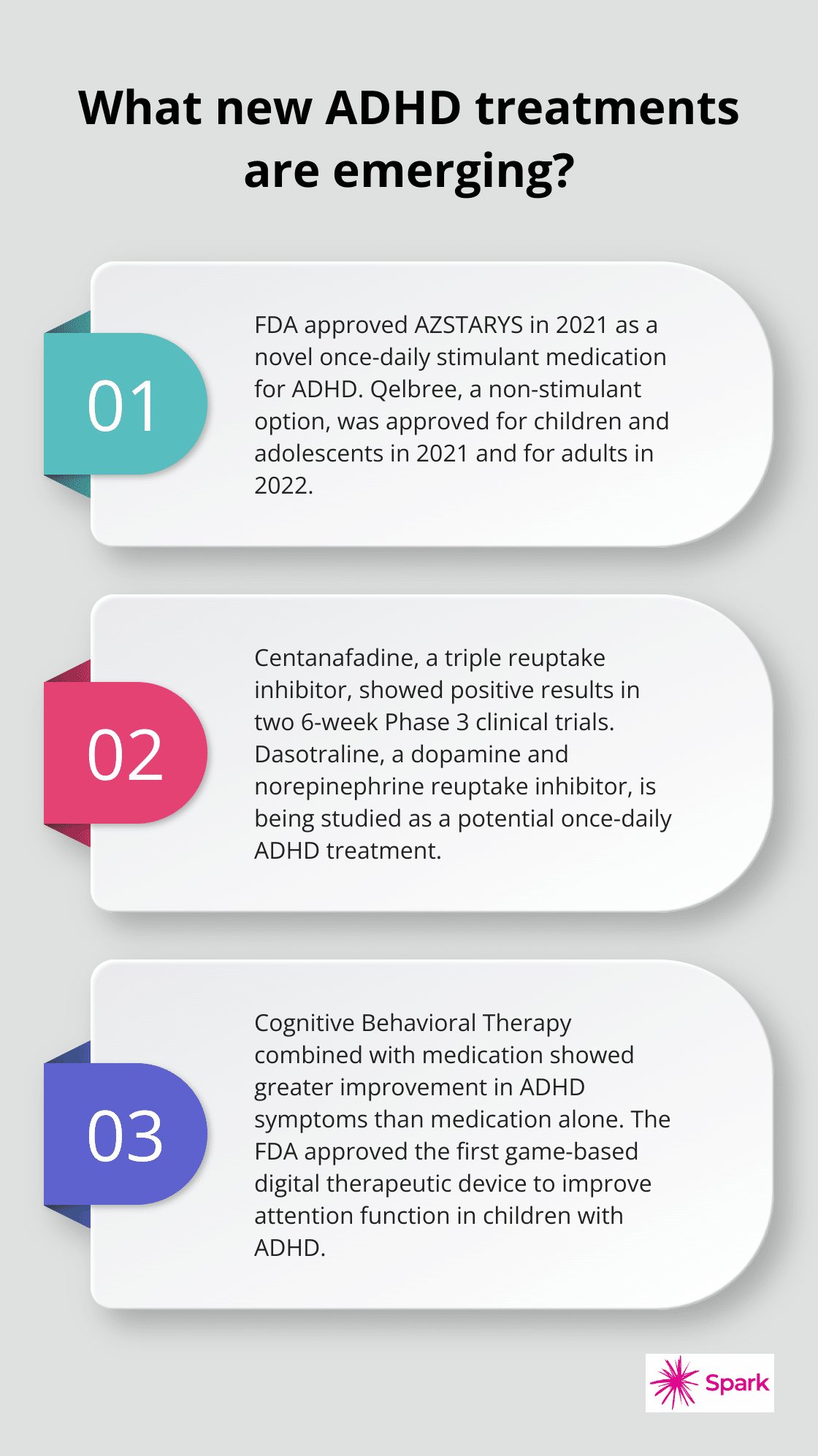
Qelbree (viloxazine) joined the ADHD medication lineup in 2021 for children and adolescents, and in 2022 for adults. Qelbree offers a non-stimulant option that works as a norepinephrine reuptake inhibitor. It provides an alternative for patients who don’t respond well to stimulants or have concerns about their potential for abuse.
Promising ADHD Treatments in Clinical Trials
Several new ADHD medications currently undergo various stages of clinical trials. Centanafadine, a triple reuptake inhibitor, has shown positive results in two 6-week Phase 3 clinical trials evaluating its efficacy, safety, and tolerability for the treatment of ADHD.
Dasotraline, a novel dopamine and norepinephrine reuptake inhibitor, also holds potential. While it faced initial setbacks in FDA review, ongoing studies explore its use as a once-daily ADHD treatment with a long duration of action.
Beyond Medication: Alternative Approaches
While medication remains a cornerstone of ADHD treatment, many patients benefit from complementary therapies. Cognitive Behavioral Therapy (CBT) has proven effective in managing ADHD symptoms, particularly in adults. A study published in the Journal of Attention Disorders found that CBT combined with medication led to greater improvement in ADHD symptoms compared to medication alone.
Neurofeedback, a type of biofeedback focusing on brain activity, has gained attention as a potential ADHD treatment. Some studies suggest it may improve attention and reduce impulsivity in individuals with ADHD, though more research is needed.
Digital Therapeutics for ADHD
Digital therapeutics emerge as a promising avenue for ADHD management. The FDA has approved the first game-based digital therapeutic device to improve attention function in children with ADHD. This offers a non-pharmacological option that can complement traditional treatments.
As we explore these new and emerging ADHD treatments, it’s important to note that effectiveness can vary significantly from person to person. The next section will discuss how to work effectively with your healthcare provider to navigate these choices and find the best treatment plan for you or your loved one.
Partnering with Your Doctor for ADHD Treatment Success
Prepare for Your Appointment
Before meeting your doctor, document your symptoms, concerns, and treatment goals. This information will help your provider tailor a treatment plan to your specific needs. Consider keeping a daily log for a week or two, noting when symptoms are most problematic and any patterns you observe.
A 2021 narrative review discusses barriers to engagement for children and adolescents with ADHD and their families, as well as interventions to overcome these challenges.
Discuss Treatment Options
During your appointment, be open about your preferences and any concerns you have about different medication options. If you worry about potential side effects or have had negative experiences with certain medications in the past, share this information with your doctor.
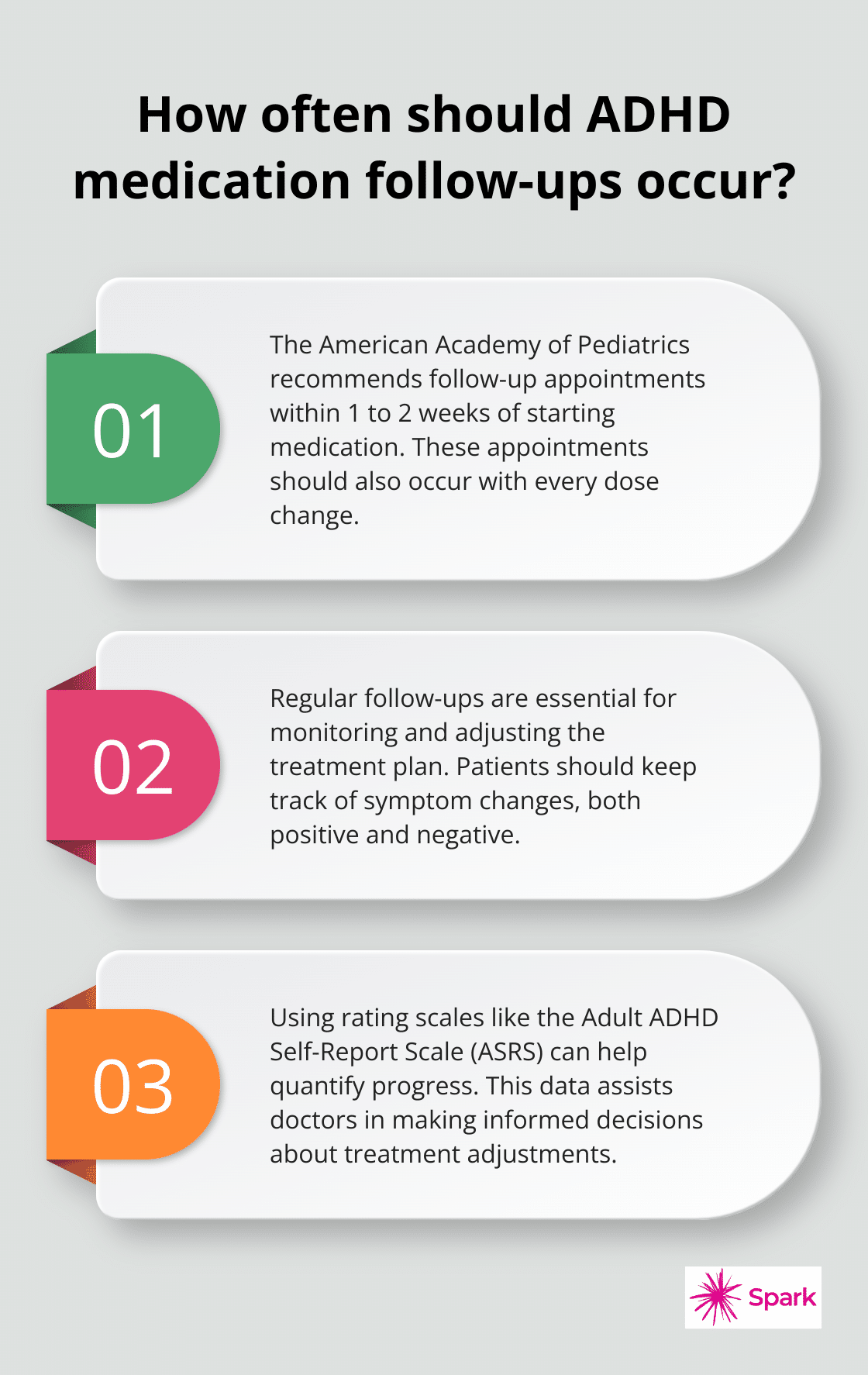
Ask about the pros and cons of various treatment options, including both stimulant and non-stimulant medications. Don’t hesitate to inquire about newer medications or ongoing clinical trials that might be relevant to your situation.
Monitor and Adjust Your Treatment Plan
Once you start a new medication, regular follow-ups are essential. The American Academy of Pediatrics recommends follow-up appointments within 1 to 2 weeks of initiating medication and with every dose change.
Keep track of any changes in your symptoms (both positive and negative). Use rating scales like the Adult ADHD Self-Report Scale (ASRS) to quantify your progress. This data will help your doctor make informed decisions about adjusting your treatment plan.
Exercise patience during this process. Finding the right medication and dosage often takes time.
Consider Complementary Strategies
Medication is just one part of ADHD management. Discuss complementary strategies with your doctor, such as behavioral therapy, lifestyle changes, or organizational tools that can enhance the effectiveness of your medication.
A 2022 study concluded that behavioral therapy was the only non-pharmacological intervention that had a statistically significant effect in ADHD treatment.
Maintain Open Communication
Actively engage in your treatment process and maintain open communication with your healthcare provider. This approach will increase your likelihood of finding an ADHD management plan that works for you. Your collaborative effort is key to navigating the evolving landscape of ADHD treatments and achieving long-term success in managing your symptoms.
Final Thoughts
The landscape of ADHD treatment continues to evolve, offering new hope for effective symptom management. New ADHD meds provide more options for patients seeking personalized treatment plans. Patients who work closely with their healthcare providers can navigate these choices and find the most suitable approach for their needs.
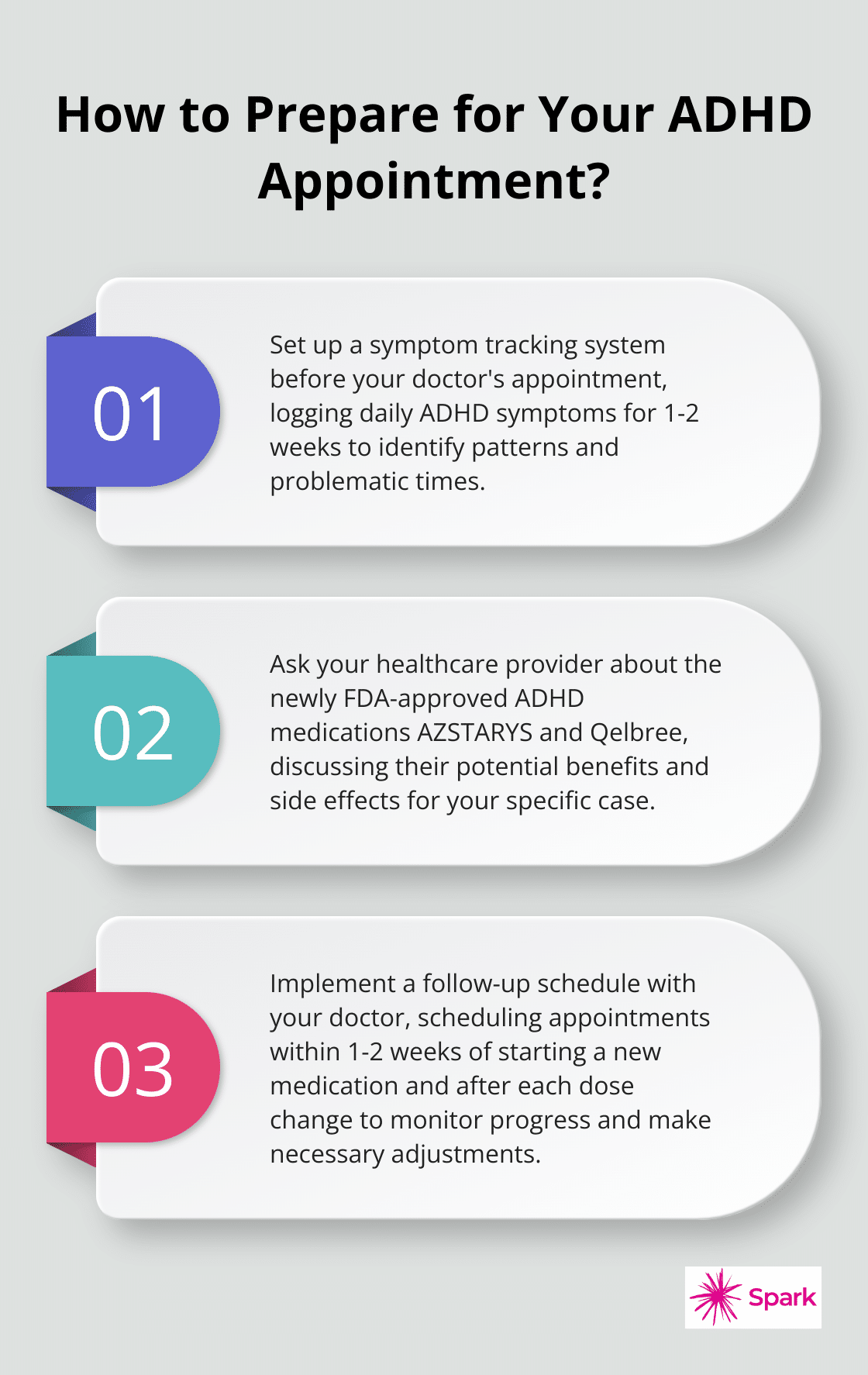
Regular follow-ups and open communication play a vital role in the success of ADHD treatment. Patients should stay informed about advancements in ADHD therapies, including emerging medications and digital therapeutics. This knowledge empowers individuals and families to make informed decisions about their care.
Spark Healthcare offers telepsychiatry services with personalized, evidence-based care for ADHD and other mental health conditions. We provide flexible online scheduling, individualized treatment plans, and ongoing support to ensure our patients receive the care they need. To learn more about how we can assist you in managing ADHD, visit our website at Spark Mental Health.

